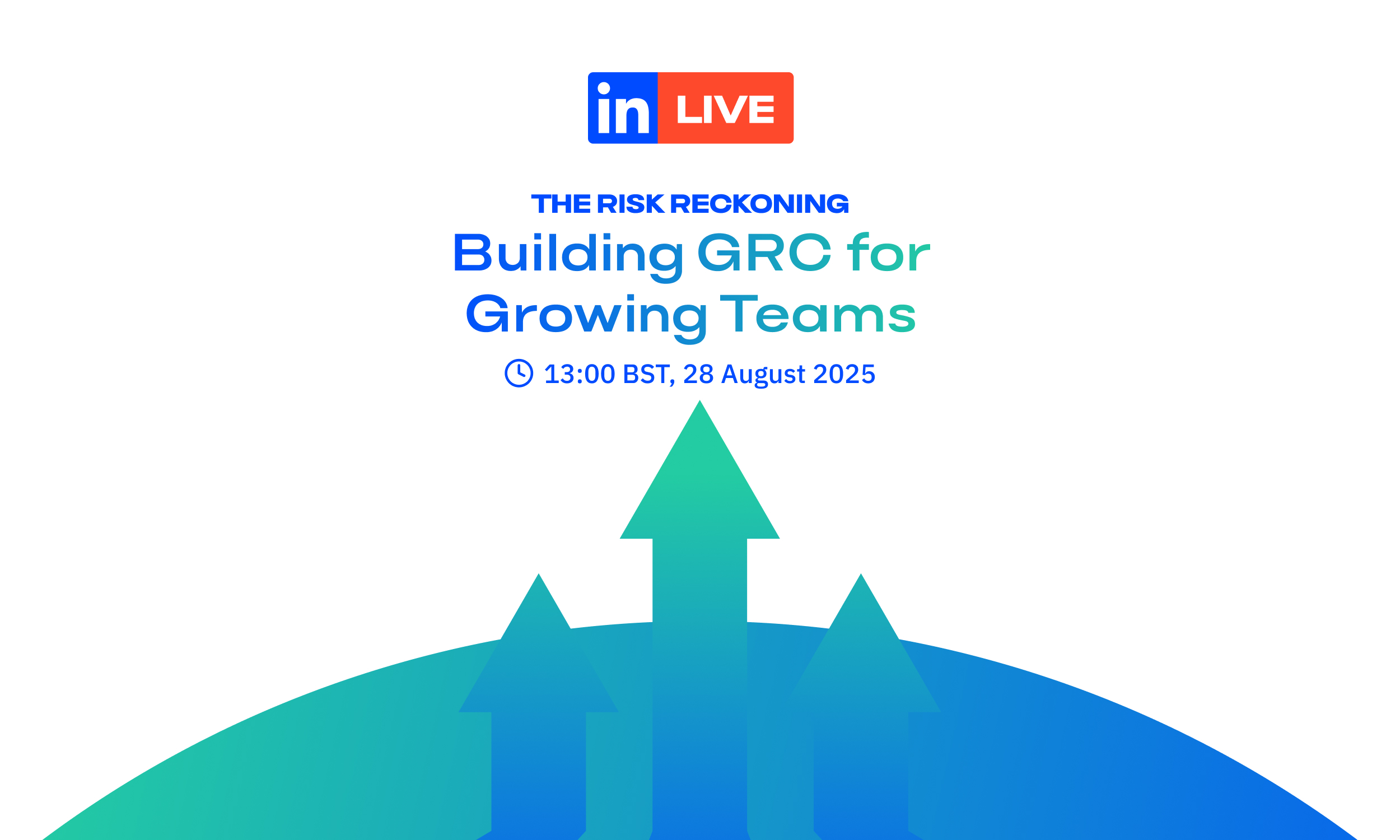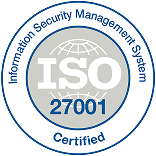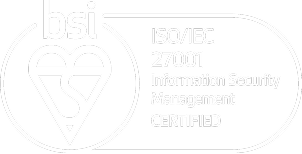- GRC
The Risk Reckoning: Why GRC Teams Are Still Struggling in 2025

- Written by
- 28th Aug 2025
- 1 min read
Contents

In Short
- Our seminal maturity study reveals GRC teams are overwhelmed, under-resourced, and stuck using spreadsheets.
-
Be among the first to explore the findings on the 28th August with our webinar for the official launch, expert commentary, and practical takeaways from across the UK GRC industry.
Despite rising regulatory demands, growing cyber threats and increasing board-level scrutiny, many UK organisations continue to manage governance, risk and compliance (GRC) with outdated tools and manual processes.
In our upcoming ‘Risk Reckoning’ report a 2025 maturity study based on insights from nearly 200 GRC leaders in both large enterprises and scaling organisations, confidence in preparedness sits at an all time.
According to the report, 87% of enterprise executives and 95% of mid-sized GRC leaders believe they are ready to handle a major compliance or security event.
However, the same research paints a more troubling picture beneath the surface.
Their teams still rely on spreadsheets, disconnected systems, and informal, manual process.
These limitations are especially seen in smaller organisations with limited resources and overstretched teams. The result is a widening gap between perceived control and actual operational resilience.
The Four Hidden Challenges Facing GRC Teams
Across both enterprise and mid-market organisations, the research uncovers four main pain points across risk and compliance teams.
1. Overstretched Teams
Whether it's a 5-person team managing a portfolio of frameworks or a lean function embedded within operations, GRC teams are being asked to do more with less. In small to mid-sized businesses, 84% of respondents cite limited capacity as the number-one challenge for completing risk assessments and audits on time.
2. Critical Skills Gaps
Nearly 2/3rds of enterprise respondents report a lack of internal GRC expertise. In scaling organisations, the challenge is compounded by headcount limitations: GRC responsibilities are frequently assigned to operational or IT staff who lack specialist risk or compliance skills. As regulatory demands grow more complex, these hybrid roles struggle to maintain oversight, leading to reactive incident-driven management, and inconsistent controls.
3. The Use of Inadequate Tools
Spreadsheets remain the primary tool for GRC in most organisations - 60% of enterprises still use them to some extent as part of their key workflows. Among mid-sized businesses, a higher 86% use spreadsheets, and for teams with fewer than five compliance professionals, that spreadsheet reliance is universal.
These workflows are often held together with ad hoc task management methods like email chains, shared folders, and manual reporting. This creates fragmented records, and inconsistent audit trails, making it difficult to track accountability or demonstrate compliance.
4. Processes Are Slow, Manual, and Inefficient
Evidence collection is still largely manual, reporting cycles are delayed, and risk assessments are often inconsistent. Even where GRC tools exist, they rarely work together. 62% of enterprise organisations use four or more GRC tools, but fewer than half have achieved integration, resulting in duplicated effort, gaps in oversight, and delays in responding to issues.
Because of this, nearly half (49%) struggle to keep up with complex regulatory obligations. At the SMB level where manual methods are the highest, over a third have experienced a breach in the past 36 months, which is often the wake-up call to re-evaluate their GRC approach.
What’s Driving Spreadsheet Reliance in GRC?
The research points to several underlying causes:
• Cost and familiarity: Spreadsheets are free and easy to use, even if they’re not fit for modern compliance operations.
• Lack of urgency: Many organisations only consider GRC upgrades after a breach, audit failure, or regulatory deadline.
• Workaround culture: Particularly in mid-market teams, “just getting it done” is the default, even if it means bypassing formal process.
As one respondent put it:
“We’ve survived this long on Excel and instinct, but survival isn’t the same as control.”
The Risk Reckoning Starts Here
The data highlights a consistent pattern: overconfidence, manual processes, limited visibility, and a reliance on tools that were never designed for the scale or complexity of today’s GRC demands. Many teams continue to operate with resource and capacity constraints that leave little room for proactive risk management.
As regulatory pressure increases and expectations rise, these gaps are becoming more visible, presenting the result of overlooked decisions, outdated methods, and deferred improvements.
Recognising it is the first step toward closing the gap between confidence and capability.
Want to Learn More?
Based on a survey of 195 UK-based GRC leaders, including C-level executives from organisations ranging from 51 to over 1,000 employees, The Risk Reckoning offers a rare, side-by-side view of the operational challenges facing both enterprises and scaling teams.
Produced by SureCloud, the report reveals how high confidence in GRC programmes often masks persistent gaps in skills, tooling, and process maturity, highlighting a growing divide between expectations and real-world capability.
Catch up on the official launch webinar for expert commentary and practical takeaways from across the UK GRC industry.
Watch on-demand: The Risk Reckoning – Building GRC for Growing Teams
You may also like:
“In SureCloud, we’re delighted to have a partner that shares in our values and vision.”
Read more on how Mollie achieved a data-driven approach to risk and compliance with SureCloud.
“SureCloud’s solution has brought a comprehensive clarity to data processing that was impossible to achieve with spreadsheets.”

Read more on how Everton FC achieved GDPR with SureCloud
"Their transparent approach made the process feel collaborative and constructive, creating a solid foundation for a productive partnership.”
Read more on how Specsavers achieved a proactive approach to risk and compliance with SureCloud.
.png)









_HighPerformer_Enterprise_HighPerformer.png)








